
Fallon’s New Frontier substance abuse and mental health treatment facility recently learned it will receive a large-scale U.S. Department of Agriculture Rural Development (USDA RD) grant.
Last Monday, June 17, USDA RD unveiled a $3.7 million investment to expand and enhance the New Frontier Treatment Center (NFTC). This sizable financial commitment will help improve the treatment of mental health and substance use disorders in Fallon and other rural communities in Nevada.
Under the leadership of Lucas Ingvoldstad, the Nevada State Director for USDA RD, local officials and community members gathered to celebrate the project's groundbreaking. The investment is allocated through a $2,775,185 loan via the Community Facilities Direct Loan Program and a $1,000,000 Emergency Rural Health Care Grant Program grant. These funds specifically aim to expand the NFTC’s facilities, addressing a critical shortage in residential treatment capacities.
During the ceremony, Ingvoldstad underlined the federal commitment to healthcare accessibility. “The Biden-Harris Administration is committed to ensuring that all Nevadans, no matter where they live, have access to high-quality mental and behavioral care,” said Ingvoldstad, underscoring the crucial need for mental health care rural areas, “This investment in the New Frontier Treatment Center, nearly doubling the Center’s patient capacity, will cut down on critical waiting times for rural Nevadans in need of mental health and substance use treatment.
Currently, the New Frontier operates a 28-bed facility that integrates treatment for co-occurring mental health and substance use disorders. The funding will facilitate an expansion to accommodate 14 additional beds, increasing the total capacity to 42 beds. This expansion is critical as the demand for residential treatment has seen a significant rise due to more judicial (family or specialty) courts directing offenders to undergo treatment as an alternative to incarceration.
The services offered by NFTC are comprehensive, including psychiatric evaluations, primary health care, medication management, mental health therapy, substance use treatment, psychosocial rehabilitation, basic skills training, targeted case management, and peer recovery support services. According to facility representatives, the bed capacity is consistently at 98.95% usage with a standing waiting list, underscoring the high demand for these essential services.
The expansion of this facility is a crucial step forward in increasing NFTC’s capacity and enhancing the quality and reach of services to meet the growing needs of our community. This USDA Rural Development investment will, it is estimated, directly impact the lives of approximately 8,606 people, offering them increased opportunities for recovery and a better quality of life.
The Community Facilities Direct Loan Program, where most of this funding is provided, targets the development of essential community facilities in rural areas. These facilities offer necessary services for rural communities' ongoing growth and stability. “We’re proud of the impact this investment will have on mental health accessibility in the City of Fallon. USDA Rural Development remains dedicated to improving community health and wellness in rural Nevada,” Ingvoldstad said.
This expansion project not only promises to enhance the infrastructure of rural health care but also a commitment to addressing some of the complex challenges of mental health and substance abuse in underserved communities.
For additional information about the funding opportunities and the services provided by the USDA RD in Nevada, stakeholders are encouraged to visit the USDA's official website and explore the Community Facilities Direct Loan & Grant Program section.



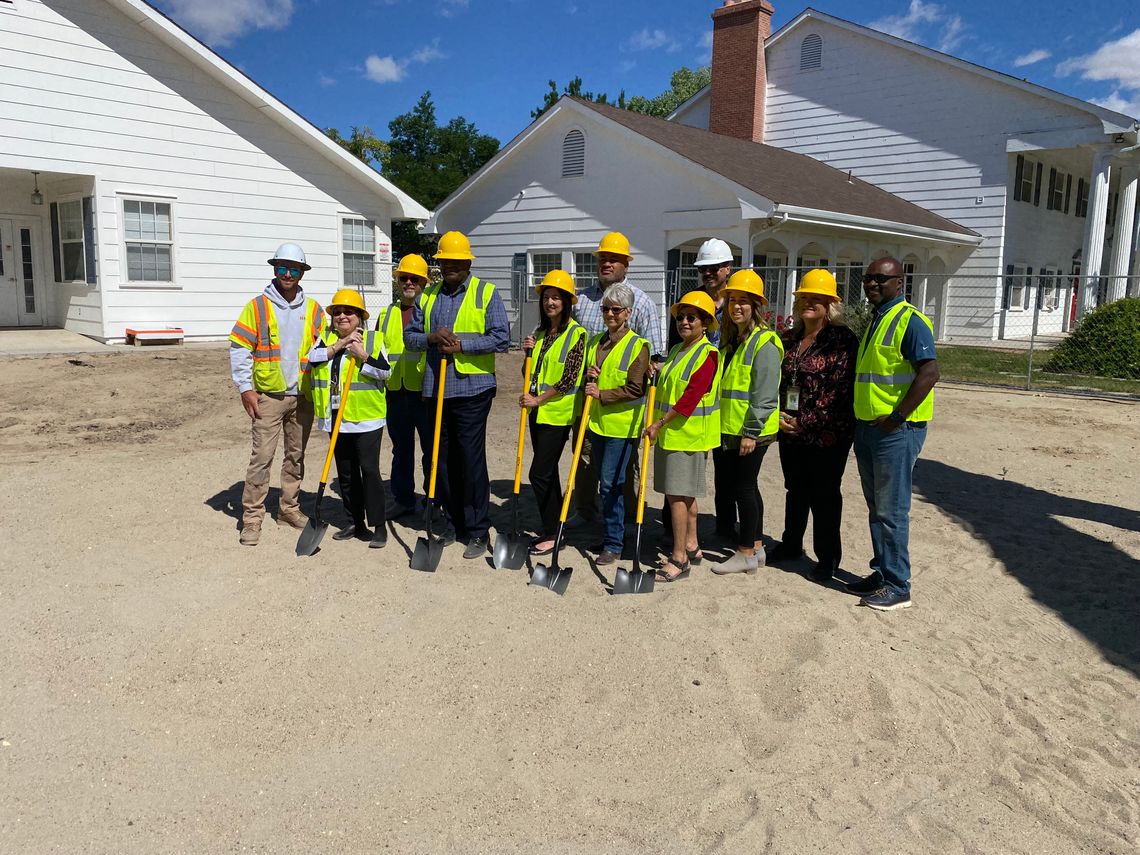






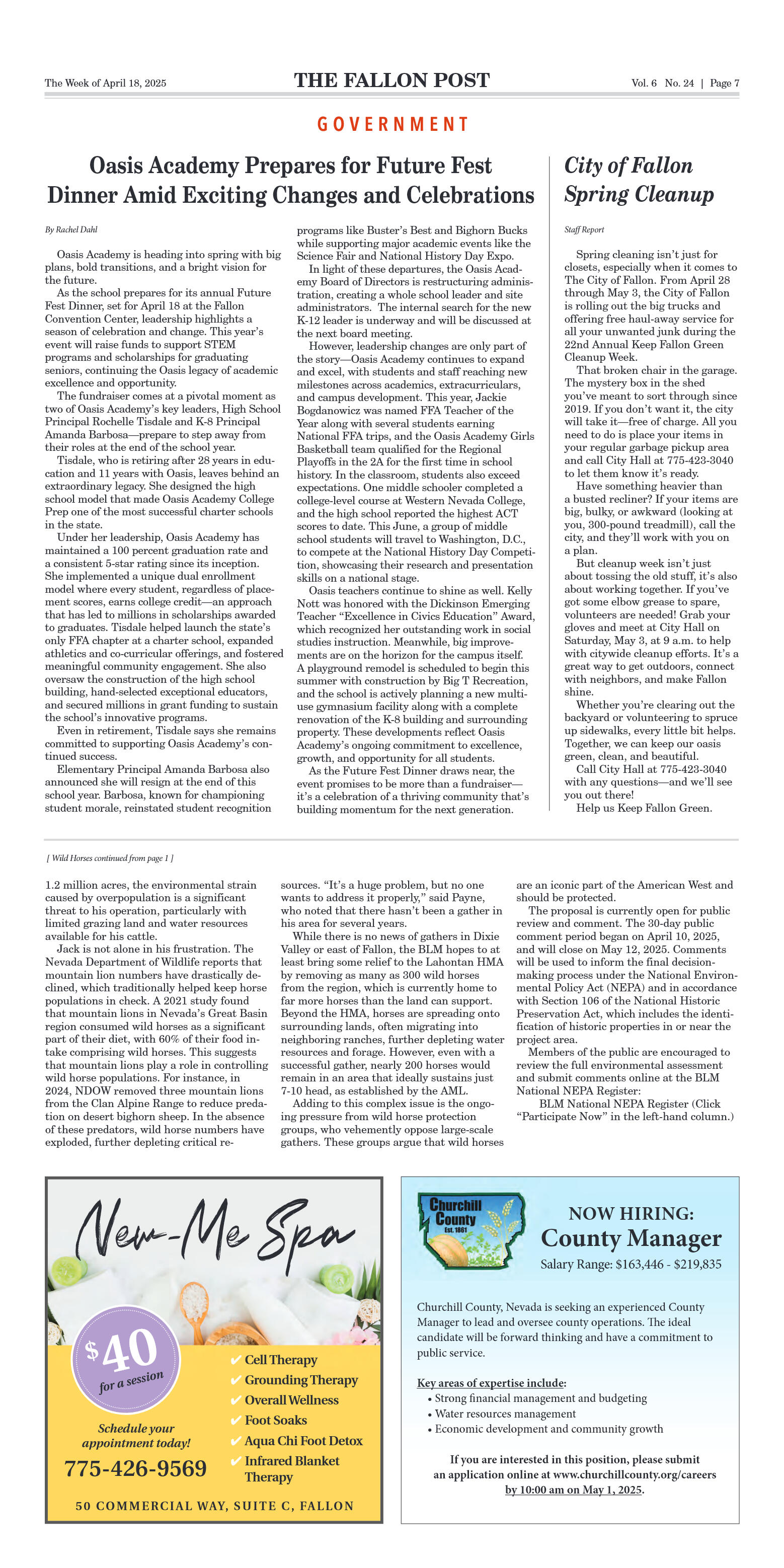


























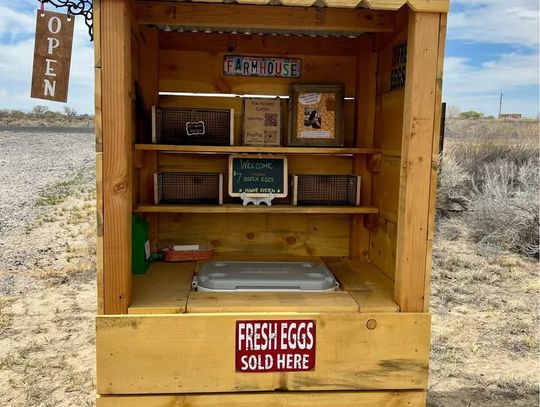
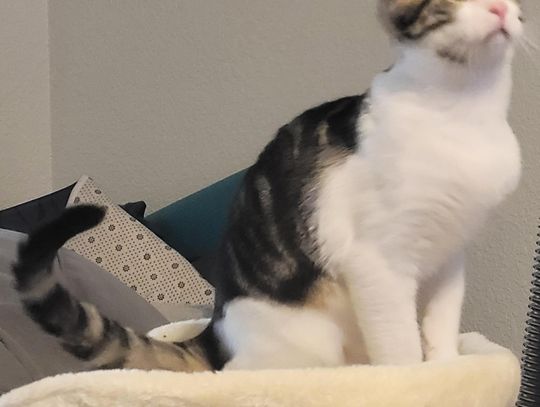
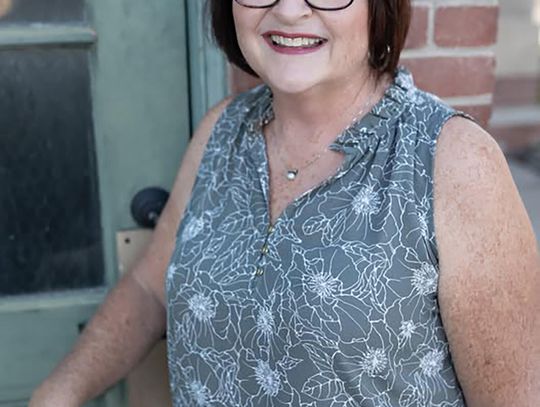



Comment
Comments